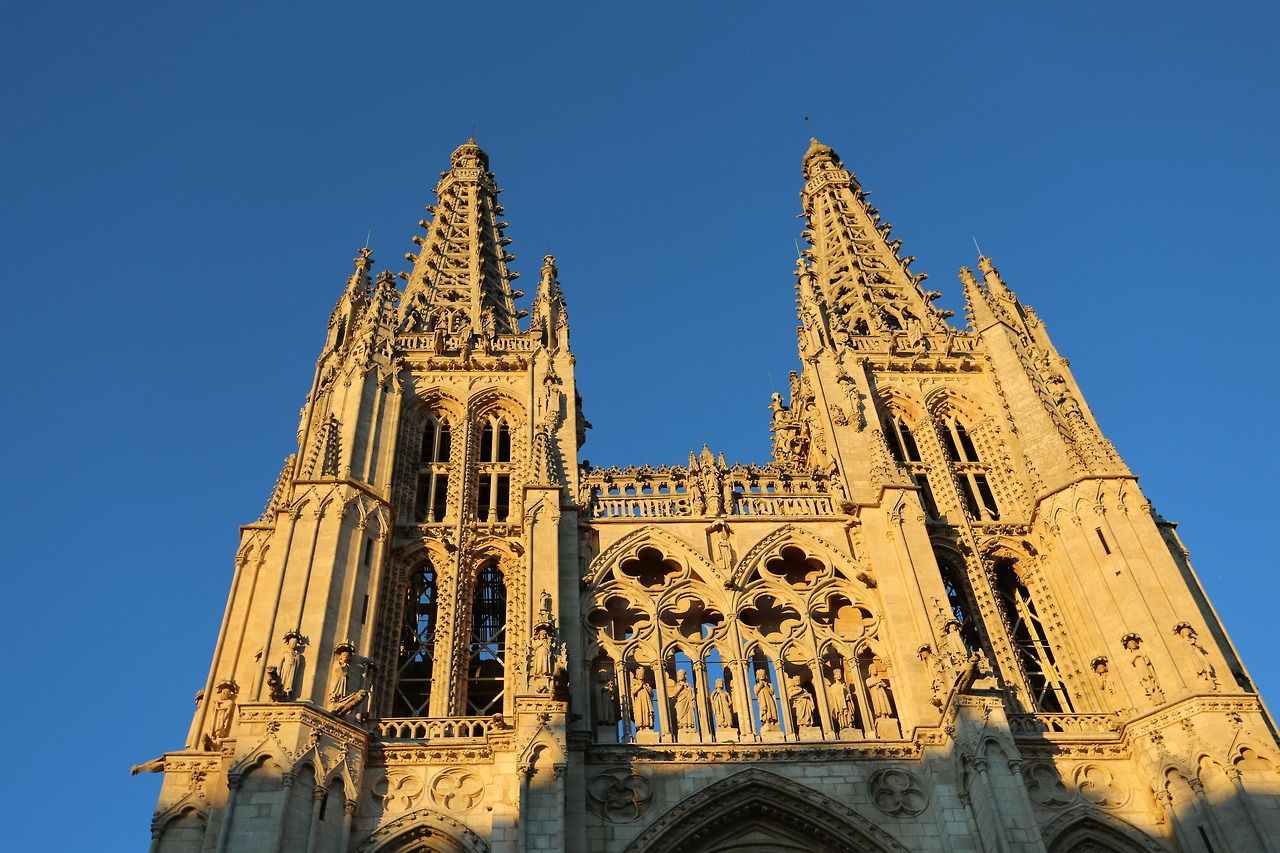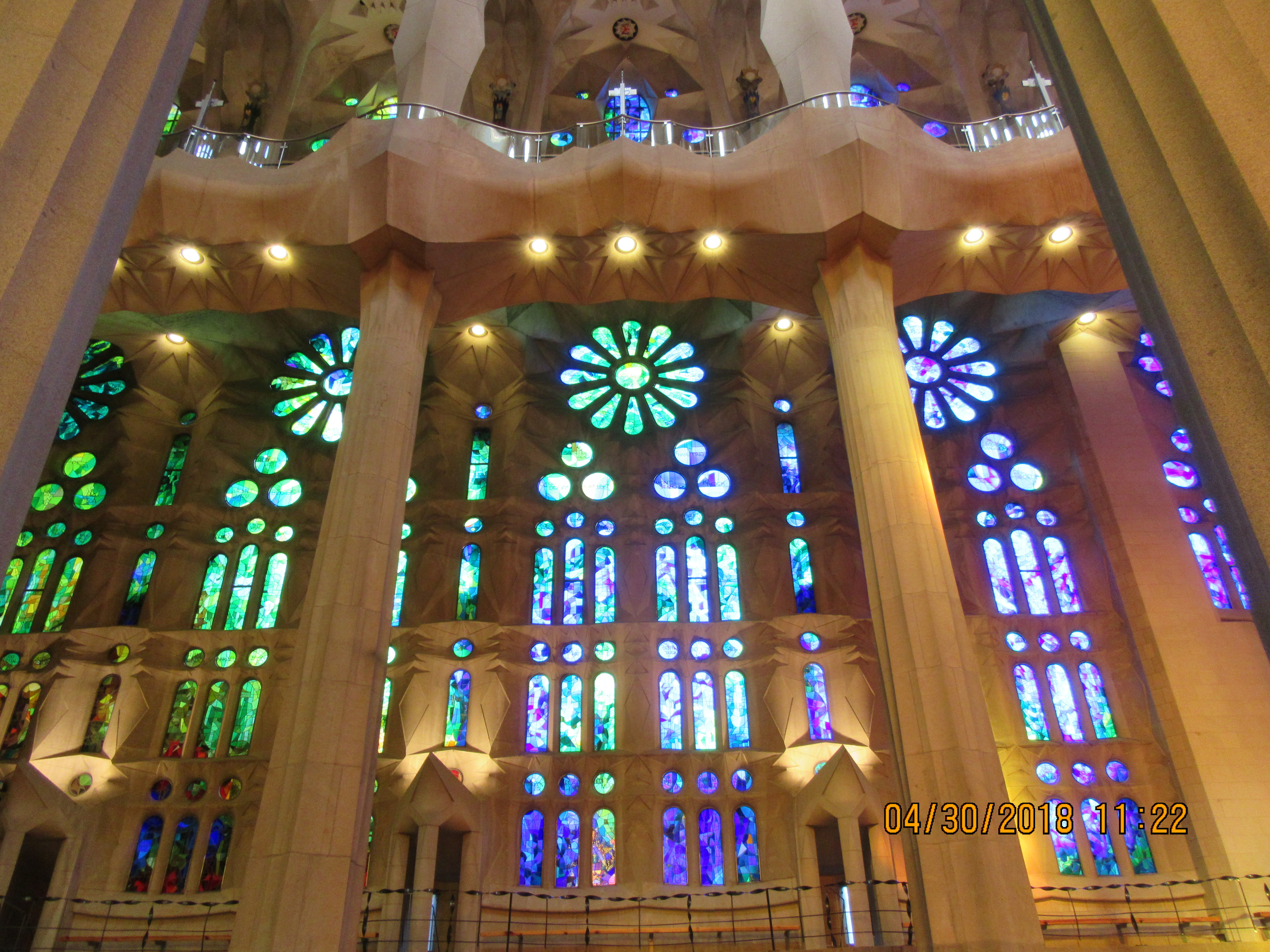Ex.32:7-11, 13-14; Ps. 51:3-4, 12-13, 17, 19; 1 Tim. 1:12-17; Lk. 15:1-32
Come to Jesus! The Lord “will make of you a great nation” of saints for Christ apart from those who “have become depraved…”. Has God prodigally given his love on his people…see how stiff-necked this people is”. Depravity is the moral corruption of the soul that does not reflect the light of truth but the darkness of sin. Apart from Jesus and the Blessed Mother immaculate without sin the rest of humanity has passed through the darkness and fall of Adam. “Sinners who were not under the law will also perish outside of the law; sinners subject to the law will be judged in accordance with it…All have sinned and are deprived of God’s glory” (Rom. 2:12, 3:23). This we refer to in social sciences as the baseline of the human condition. There is a chant that says, “we fall down…we get up…we fall down…we get up”. The history of salvation is the fall and rise of nations of God. It begins with the fall of Adam and Eve meaning we pass through our own personal falls into sin and rise in mercy.
I recall the story of a confessor telling the penitent, “as soon as you walk out of the confessional you will sin”. Thank God, the Church and the Holy Spirit are given to us to recognize all sin is not equal between mortal sin and venial sin. God is a just judge who sees the mind, will, and heart that govern the intent of the soul and offers us mercy. “I will rise and go to my father…Have mercy on me O God; my sacrifice O God is a contrite spirit”. A contrite spirit often comes after the fall from pride and a return to humility. A contrite spirit recognizes our sinfulness, weakness, and in humility calls out to God the Father for mercy. The God of mercy “relents in the punishment” our sin merits and a contrite heart responds with “I am grateful to him who has strengthened me” as Paul says in the letter to Timothy.
The Lord not only forgives he strengthens us and transforms the sinner into a saint. Paul gives testimony of his transformation from a “blasphemer…persecutor and arrogant…acted out of ignorance” in his unbelief. Paul uses himself as an example of the love of Christ Jesus and his “patience as an example for those who would come to believe in him for everlasting life”. Christ is patient, kind, slow to anger and he is ready to moment we turn to him to receive us. It is a tragedy when someone says they cannot come to Christ for forgiveness because they have not forgiven themselves. It is a trap of the evil one to keep a soul in bondage for the depravity of their sin. Come to Jesus!
The Gospel is a reflection of three parables, the lost sheep, the lost coin, and the lost son. The focus is not the sense of loss but on “Rejoice”. “Rejoice with me because I have found my lost sheep…Rejoice with me because I have found the coin that I lost…rejoice because your brother was dead and has come to life again; he was lost and has been found”. Who found the brother, did he not come “to his senses” and return on his own? Jesus never stops seeking us in his patience, kindness and mercy. It is up to us to repent, receive sanctifying grace and return to the nation of saints. It is not a nation of race, territory, or geopolitical ideology. Those barriers foster moral depravity when they become “a molten calf and worshiping it”. This we see in our world when violence is justified as a means to an end, when dialogue is silenced with threats, and the Word of truth becomes relative. What do we do then? Come to Jesus!
The word “prodigal” has two concepts. One is a person who spends money recklessly as in the son who squanders his inheritance. He suffers the fall from pride to humility and is left with a “reality check” to return to the father. The second concept of prodigal is a person overly generous and giving an abundance. The father in the story is overly generous in giving what was his to one son and telling the other “everything I have is yours”. This is God the Father’s love for us in abundance ready to forgive and receive us back. In birth God gives us ourselves, the gift of life with a desire we give ourselves back to him. In baptism God gives us himself generously ready to pour out an abundance of grace for our inheritance. Our fall is squandering our grace in a world of depravity. God’s generosity is mercy.
In moments of solitude and prayer I get these inspirations, I believe we all receive and I considered it “God speaks”. This one came to me in one of those moments and I will close with it.
ORIGINALE VERBUM
Once was a “word”, a friend able to carry meaning sent forth to generate life and come to rest in understanding.
A life of relationship and unity of purpose to reveal truth and true meaning was defined in the word.
The word’s flight ascended higher above and descended deeper within creating a bond between other words as soul mates on a journey of understanding.
Then the enemy comes who undefined any meaning by redefining a flight of meanings through individuation, isolation, and rationalization in a complexity of contextual uses ever changing.
The intent of the enemy is an essence of purposeless subject and purposeful objects for power to be gained in one instant and discarded the next for a new intent ever fleeting.
The “new” word wills to cannibalize Sophia into prostitution; with image distorting mirrors of vanity for the kingdom of One…hell.
The original Word filled with grace and beauty allowed Sophia to unite faith and reason to ascend to heaven.
The “new” word is weaponized with self-defined technical innuendos to distort meaning in flight through reflective colored lenses for a disordered reality. The enemy hears himself alone while others are silenced.
Our hope is in the hollowed Word made flesh and not the flesh filled words that seek to disarm truth.
The original Word descends and breaks into consciousness the lost meaning. The word revealed in its’ full splendor is the original Word incarnate.
Come to Jesus in prayer, come to Jesus in song, come to Jesus in the Eucharist and receive the abundance of his love.






Recent Comments